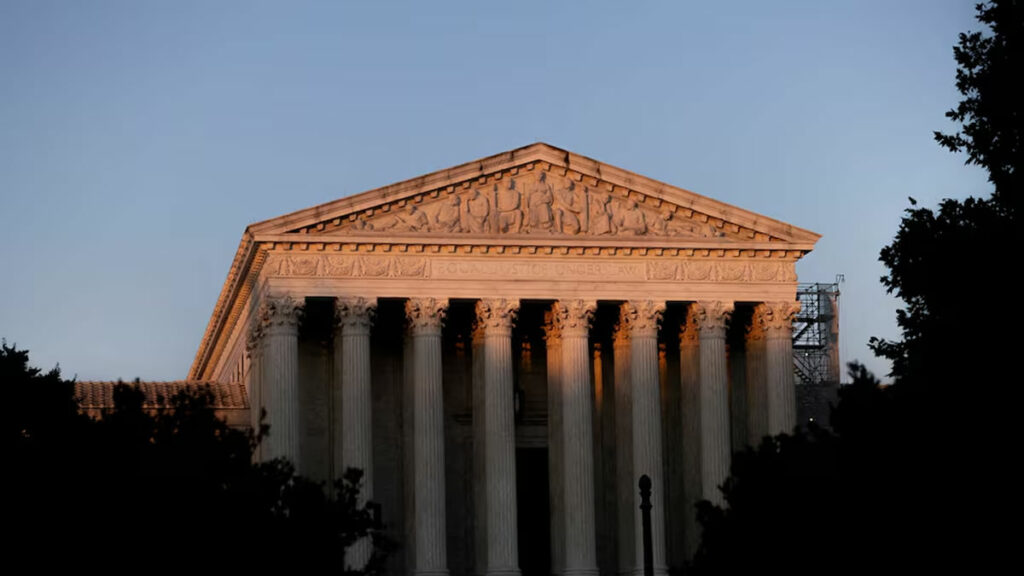The U.S. Supreme Court heard arguments on Monday in a case involving the Food and Drug Administration’s (FDA) refusal to allow two e-cigarette companies, Triton Distribution and Vapetasia, to sell flavored vape products that the agency considers a health risk to youth. The case, an appeal filed by the FDA under the outgoing Biden administration, challenges a lower court’s decision that the agency failed to follow proper legal procedures under federal law when it rejected the companies’ applications to sell these nicotine-containing products.
Potential Shift in Regulatory Approach Under Trump Administration
During the arguments, Eric Heyer, the lawyer representing Triton Distribution and Vapetasia, suggested that the incoming Trump administration could potentially steer a different course regarding the regulation of flavored vape products. Heyer alluded to President-elect Donald Trump’s campaign promise to “save vaping,” despite his previous support for a ban on flavored vaping products during his first presidential term.
Justices Question Companies’ Claims and FDA’s Regulatory Standards
Several Supreme Court justices appeared skeptical of the e-cigarette companies’ contention that the FDA improperly assessed their applications under a regulatory standard that differed from published guidance. Liberal Justice Elena Kagan stated that the FDA had been “completely upfront” about its regulatory approach, questioning the companies’ claim of surprise or change in the agency’s stance.
Conservative Justice Amy Coney Barrett expressed concern about the potential implications of deferring to an applicant’s interpretation of FDA guidance when a company is in dispute with the agency. Meanwhile, Conservative Justice Clarence Thomas asked the Justice Department lawyer arguing for the FDA to address the companies’ claim that the agency’s requirements were “a moving target.”
FDA’s Concern Over Youth Attraction to Flavored Vapes
Curtis Gannon, the Justice Department lawyer representing the FDA, emphasized that the agency had consistently expressed concern about the attractiveness of flavored vapes to youth throughout the regulatory process. Gannon highlighted the potential risks associated with nicotine addiction in developing brains and the long-term consequences of satisfying that addiction.
The FDA found that nearly one in five high school students and one in 20 middle school students used e-cigarettes in 2020. To date, the agency has approved only 34 flavored e-cigarette varieties, all of which are tobacco or menthol flavored.
Lower Court Ruling and Supreme Court’s Anticipated Decision
In 2021, Triton and Vapetasia asked the New Orleans-based 5th U.S. Circuit Court of Appeals to review the FDA’s denial of their applications. The 5th Circuit ruled in January that the FDA had been arbitrary and capricious, violating the Administrative Procedure Act by denying the applications without considering the companies’ plans to prevent underage access and use. However, seven other federal appellate courts had sided with the FDA in similar cases.
The Supreme Court’s ruling on this matter is expected by the end of June and could have significant implications for the regulation of flavored vape products in the United States.
- UK Tobacco Ban 2026: The “Smokefree Generation” Law - March 4, 2026
- Myanmar Enacts Total Ban on E-Cigarettes and E-Shisha - February 25, 2026
- UK Announces Mandatory Vape Tax and Duty Stamps from 2027 - February 10, 2026


